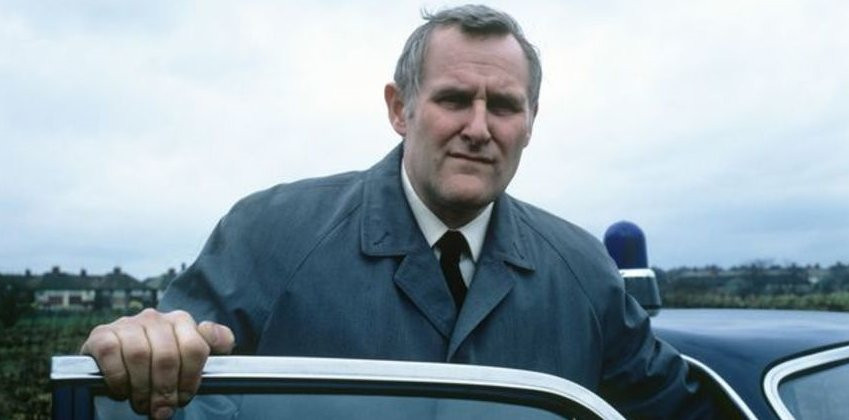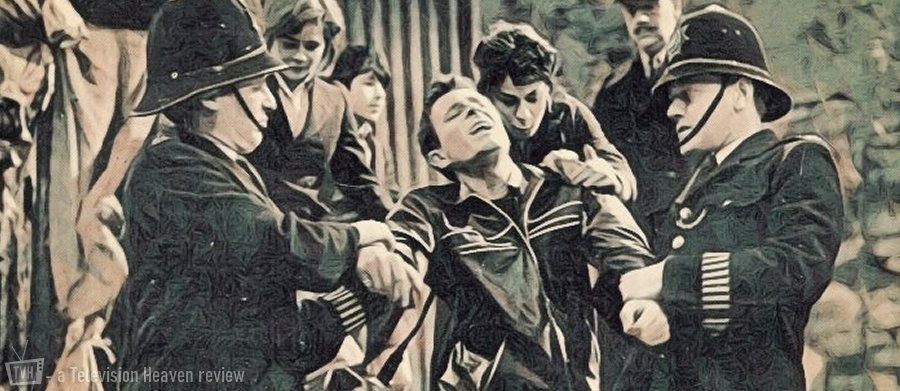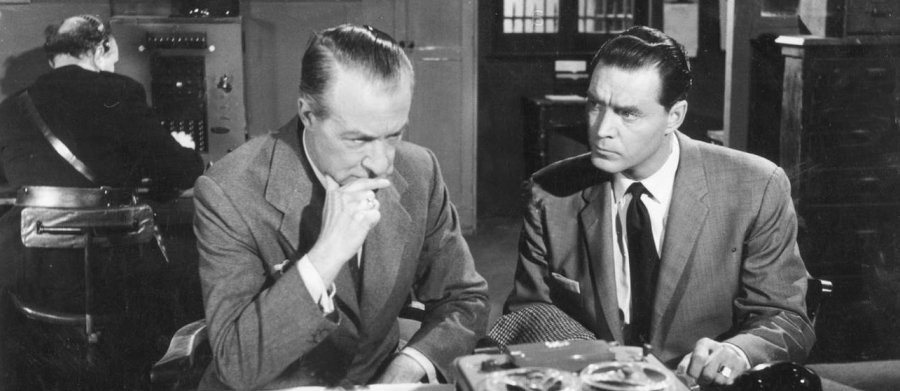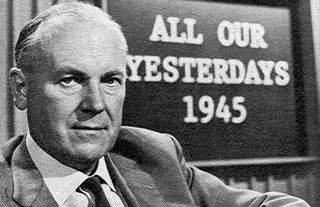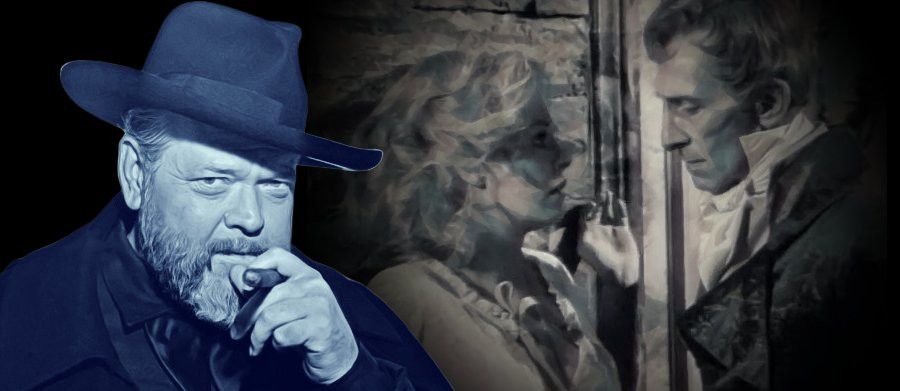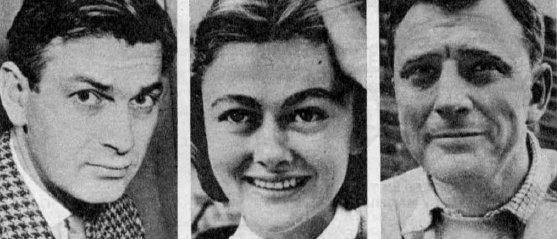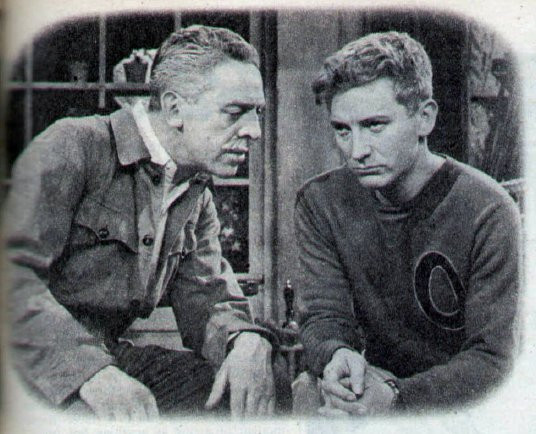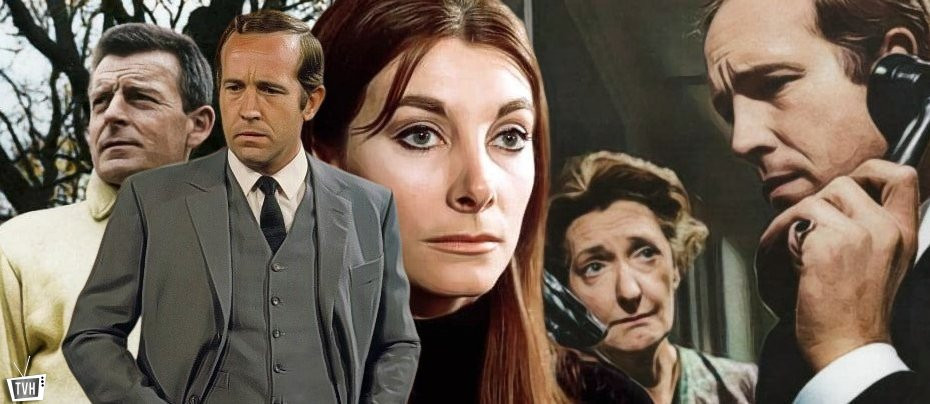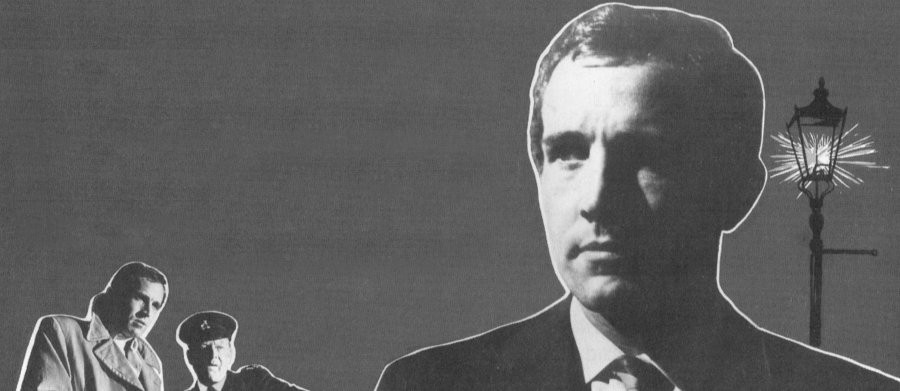
Police Surgeon
1960 - United KingdomPolice Surgeon began as a 30-minute docudrama - the types of series that were extremely popular on British television in the 1950s, which took their lead from real life police cases and then presented them as drama presentations. By 1960, when Police Surgeon was produced this type of show was being rapidly replaced by new imaginative fictional dramas and was therefore one of the last of its kind.
The idea of Police Surgeon came from Julian Bond whilst working on ITV’s first hour-long series Probation Officer, a docudrama (for which he was one of the co-creators) that focused on the work of the men and women charged with the welfare of juvenile delinquents and criminals and based on real court cases. It was not uncommon for Bond to seek the advice of professionals in law to ensure the dramas were presented accurately and with an air of authority. On one such occasion Bond’s research led him to a GP who worked with the Metropolitan Police as a police surgeon at Notting Hill in London.
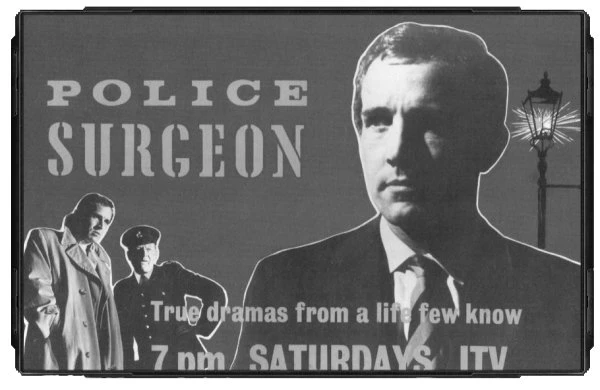
Bond was fascinated with some of the stories he was told by this doctor and got the idea that it might make an interesting television series. With the success of Probation Officer to his credit Bond approached Sydney Newman the Head of Drama at ABC who was pitched the idea of a series that was an amalgam of two popular shows at the time, Dixon of Dock Green and Emergency-Ward 10 or, as Newman later recalled ‘cops and doctors.’
Newman almost immediately commissioned the series with Bond as head writer, producer, and story editor. His first task, however, was to cast the right man in the lead role and Bond already had that man in mind; Ian Hendry. By 1960, Hendry had been acting for five years after graduating from the Central School of Speech and Drama, and had a growing reputation following some noticeable performances. Bond had worked with Hendry before on Probation Officer and knew that his demeanour; intelligent, relaxed, quietly authoritative, was perfectly suited to the role of the police surgeon, Dr Geoffrey Brent.
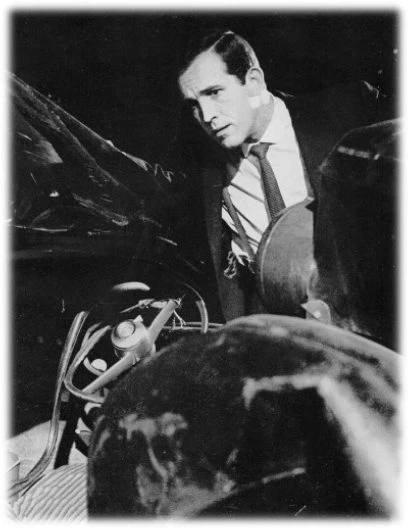
The series went into production initially under the title ‘Police Doctor’ but that was quickly dropped. The basic premise of the series was to focus on the cases of a police surgeon working in association with the Met Police at Bayswater. The individual cases would be inspired by true events as told by the GP that Julian Bond had met on Probation Officer. However, not all of the thirteen episodes produced were based on real-life situations, even though the GP received a credit (under the pseudonym J.J. Bernard MBBS) for each episode.
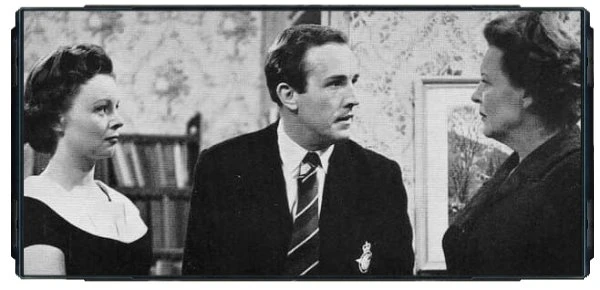
Each story focused on the human consequences of the case that Brent became involved with. The first story could well have been a crossover from Probation Officer as Brent is called to give evidence in connection with a young man arrested for robbery and attempts to reform the boy and set him onto a different path. Another tells of a businessman arrested for drunk driving trying to prove his innocence whilst Brent believes the man guilty as charged. During its run the series tackled child abandonment, the death of a refugee, robbery, murder and the confession to a crime that she didn’t commit by a young girl.
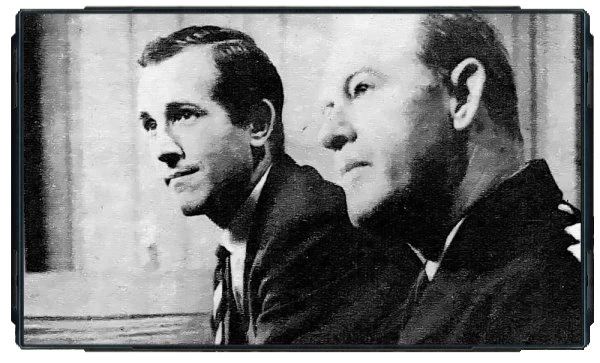
The only other actor to feature in a regular role in Police Surgeon was John Warwick as Inspector Landon. The character was created as a deliberate counterpoint to Hendry’s Dr Brent, often taking the opposite viewpoint based on his experience as a police officer and an upholder of the law. Interviewed by TV Times in 1960, Warwick said of his character, “I am a polceman for whom the law is always the law. However much I might sympathise with the wrongdoer, I have my duty to perform.”
Shortly after production on the series began it became quite clear to Julian Bond that he was wearing too many hats. As head scriptwriter (he wrote seven episodes of Police Surgeon), script editor (to other writers’ scripts) and producer he felt as if he was spreading himself too thinly. In August he decided to step down from producing in favour of Leonard White. “By that time,” wrote Leonard White, “four episodes had been made, and I took over for a further nine. By the first week of November 1960, all thirteen episodes had been made. Then suddenly it all stopped. Sydney Newman had a problem – a problem never explained – which meant we couldn’t go on with Police Surgeon.”
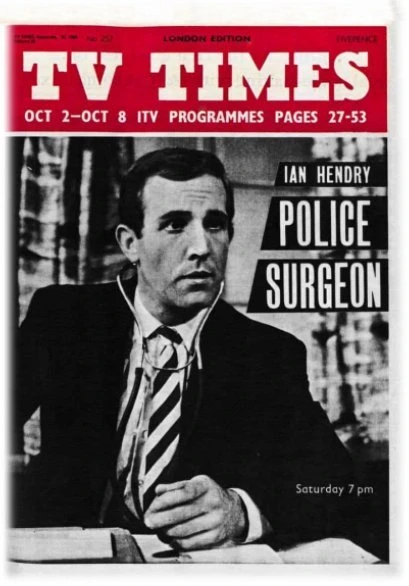
The problem that White referred to appears to be with the GP who was advisor to the series. The producers had made what they considered to be a very generous deal with the GP. Julian Bond certainly thought it was generous. “I’d given him half of everything, except the actual script fees” Bond would later recall. But the GP wanted a whole lot more according to Julian Bond: “He threatened to bring an injunction unless he got to write the scripts.” Sydney Newman took matters into his own hands and after the thirteen episodes of Police Surgeon there were to be no more.
ABC, not wanting to lose Ian Hendry quickly set about writing a new series for him. Initially Dr Geoffrey Brent was meant to survive into the new series, but with the threat of ‘J.J. Bernard’s’ legal action hanging over them it was decided to give his character a new name. This was clearly a concern for ABC as an internal memo dated 21 November 1960 indicates: This is to confirm that Ian Hendry has been contracted. A new name is being found for his character. The Avengers will have nothing to do with Police Surgeon.”
Published on May 30th, 2020. Written by Marc Saul for Television Heaven.


